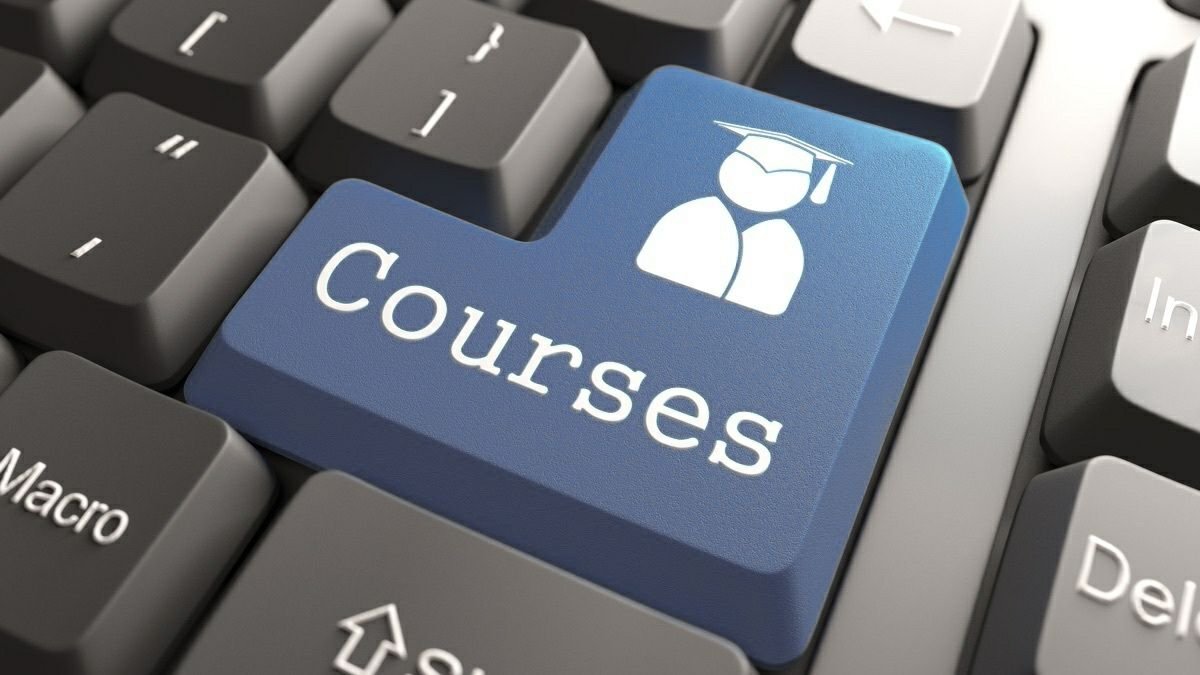Marine Pollution and Management
Master marine pollution management techniques with our specialized training course, designed for environmental professionals.
| City | Start Date | End Date | fees | details |
|---|
Introduction
Marine pollution prevention these days is a serious responsibility for everyone involved in the maritime or offshore industries. This includes offshore and onshore energy production sector, on-shore shipping personnel and shipping transport companies. They all have to fulfil the important duty to protect the marine environment.
This course provides updated information and the knowledge of various aspects of marine pollution and the ways and methods of its prevention. The course will present the detailed analysis of various sources of pollution, best practices and methodologies for pollution clean-up and the measures as a response to emergencies and accidents. The course also includes explanation of marine pollution legal consequences and liabilities.
The course will feature:
- Marine pollution causes and effects
- Ballast water and other marine pollutants
- Oil pollution and offshore activities
- Surveillance, monitoring, measurement and management systems
- Legal issues, non-compliance with international regulations
objectives
By the end of this course, participants will be able to:
- Understand numerous aspects of the marine pollution problems.
- Develop familiarity with regulations & compliance issues according to requirements of international documents.
- Use available technologies & strategies for marine pollution prevention.
- Plan & implement measures aimed at reducing the risk of serious environmental impact.
Contents
Day One
Marine Pollution
- Marine pollution definition: types and environmental impacts
- Oil pollution and impact of oil spill
- Heavy metals: dangers and hazards
- Wastes: solid garbage and liquid sewage
- Pollution risks from ships : incidents and assessment
- Economic losses from marine pollution
Day Two
Ballast Water and Other Marine Pollutants
- Environmental threats from ballast water
- International maritime dangerous goods (IMDG)
- Dumping of ship wastes and other materials
- Bilge water / waste oil operational management
- Ship scrapping and recycling
- Waste management operations
Day Three
Methods of Surveillance
- International Bodies: IMP, MEPC, MARPOL
- Objectives of surveying marine resources
- Planning considerations: sites, stations and samples
- Sample size and number, statistical requirements
- Analysis tools and techniques
- Compatibility of survey methodologies
Day Four
Management Systems
- ISO 14000 series and environmental management
- Contingency planning and emergency management
- Marine pollution preparedness and response
- Methods of intervention and clean-up technologies
- Port reception facilities according to IMO
- Human element: training and certification
Day Five
Legal Issues, Liability and Insurance
- Criminal liability of persons involved: crew, ship-owner, charterer
- Accident investigation and surveys
- Claims: International Oil Pollution Compensation (IOPC) Funds
- United Nations Convention on Law of Sea (UNCLOS)
- Small Tanker Oil Pollution Indemnification Agreement (STOPIA)
- Tanker Oil Pollution Indemnification Agreement (TOPIA)

Code : MNG109
Continuous Innovation and Process Improvement
One Week

Code : MNG129
Accomplished Office Administrator
One Week

Code : MNG147
Performance Measurements, Continuous Improvement and Benchmarking
One Week

Code : MNG157
The Effective Supervisor
one

Code : MNG170
Masterclass - International Oil and Gas Leadership
One Week

Code : MNG188
Integrated Management Systems and Risk Management Strategies - Developing and Implementing Best Practices
Two Weeks

Code : MNG196
Management Reporting and Decision Making
One Week

Code : MNG238
Business English Skills
One Week

Code : MNG258
Governance, Risk, and Compliance (GRC)
One Week

Code : MNG260
Corporate Control, Regulation and Compliance
One Week



